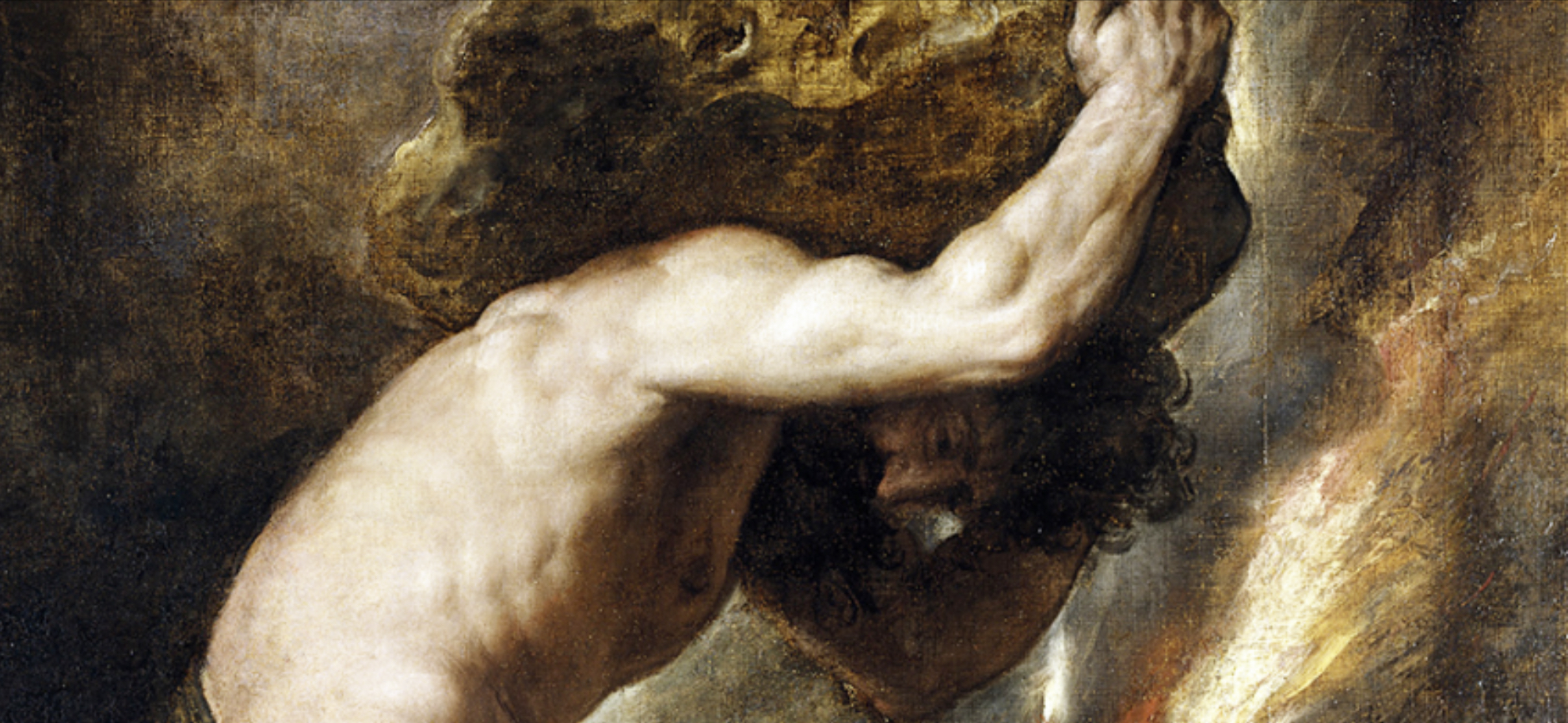What The Stoics and Hagakure Can Teach Us About Mastering Adversity
by Donavon L Riley
Stoic Resilience and Hagakure’s Wisdom
We often find ourselves grappling with circumstances beyond our control, confronting the unpredictability of existence, sometimes successfully and sometimes not very well. However, the Stoics and the philosophy of the Japanese samurai, as expressed in the “Hagakure,” provide profound insights into how to accept, adapt, and ultimately overcome life’s challenges.
For example, the Stoics, including renowned figures such as Seneca and Epictetus, teach us the significance of accepting what lies beyond our control. They believed that it’s not external events but our judgments about them that truly cause suffering. Seneca, in his “Letters to Lucilius,” poignantly reminds us:
“Expecting is the greatest impediment to living. In anticipation of tomorrow, it loses today.”
Here, the Stoics set the stage, emphasizing the importance of embracing the present moment and recognizing that while we can’t control external circumstances, we have full authority over our responses.
In the Hagakure, a manual on the way of the samurai, we also encounter a parallel theme of acceptance, albeit with a more direct approach. The samurai, who were seasoned warriors, understood that change is inevitable. They appreciated the significance of embracing the present moment fully. As they were advised:
“The way of the Samurai is found in death. Meditation on inevitable death should be performed daily. Every day when one’s body and mind are at peace, one should meditate upon being ripped apart by arrows, rifles, spears, and swords, being carried away by surging waves, being thrown into the midst of a great fire, being struck by lightning, being shaken to death by a great earthquake, falling from thousand-foot cliffs, dying of disease or committing seppuku at the death of one’s master.”
This might seem extreme to modern sensibilities, but it mirrors the Stoic perspective, so that both philosophies underline the importance of preparing our minds and accepting the reality of life’s inherent unpredictability.
Strength in the Face of Change
Embracing acceptance, Stoicism and the Hagakure provide us with guidance on adaptation. In the words of Marcus Aurelius, a Stoic philosopher and Roman Emperor:
“Our actions may be impeded, but there can be no impeding our intentions or dispositions. Because we can accommodate and adapt. The mind adapts and converts to its own purposes the obstacle to our acting.”
This Stoic outlook promotes the idea that resilience and growth are born from adapting to adversity. Adversity, when confronted with unwavering intention, can become a stepping stone toward personal development.
Likewise, the Hagakure encourages an unyielding spirit in the face of adversity:
“In the Kamigata area, they have a sort of tiered lunchbox they use for a single day when flower viewing. Upon returning, they throw them away, trampling them underfoot. The end is important in all things.”
This passage reflects the samurai’s perspective, which mirrors the Stoic attitude of emphasizing the need to persevere and stay committed to our goals despite challenges and setbacks. In both Stoicism and the Hagakure, then, the end goal remains paramount, and the path toward it is filled with opportunities for growth.
Blending Stoic and Samurai Insights
In merging Stoic wisdom and the Hagakure’s way of life, we unearth a powerful fusion of philosophies. Both guide us in accepting the uncontrollable, adapting with resilience, and persevering through adversity.
As modern individuals, we have the privilege of drawing from this harmonious blend. By learning to accept what is beyond our control, adapt with unwavering resolve, and overcome adversity with a spirit that knows no yielding, we arm ourselves to master life’s unpredictable challenges. In this union of Stoicism and the samurai’s way, we equip ourselves to embrace adversity, transform it into a path to strength, and find purpose and resolve amidst life’s trials.
*The views and opinions expressed on this website are solely those of the original authors and contributors. These views and opinions do not necessarily represent those of Spotter Up Magazine, the administrative staff, and/or any/all contributors to this site.
